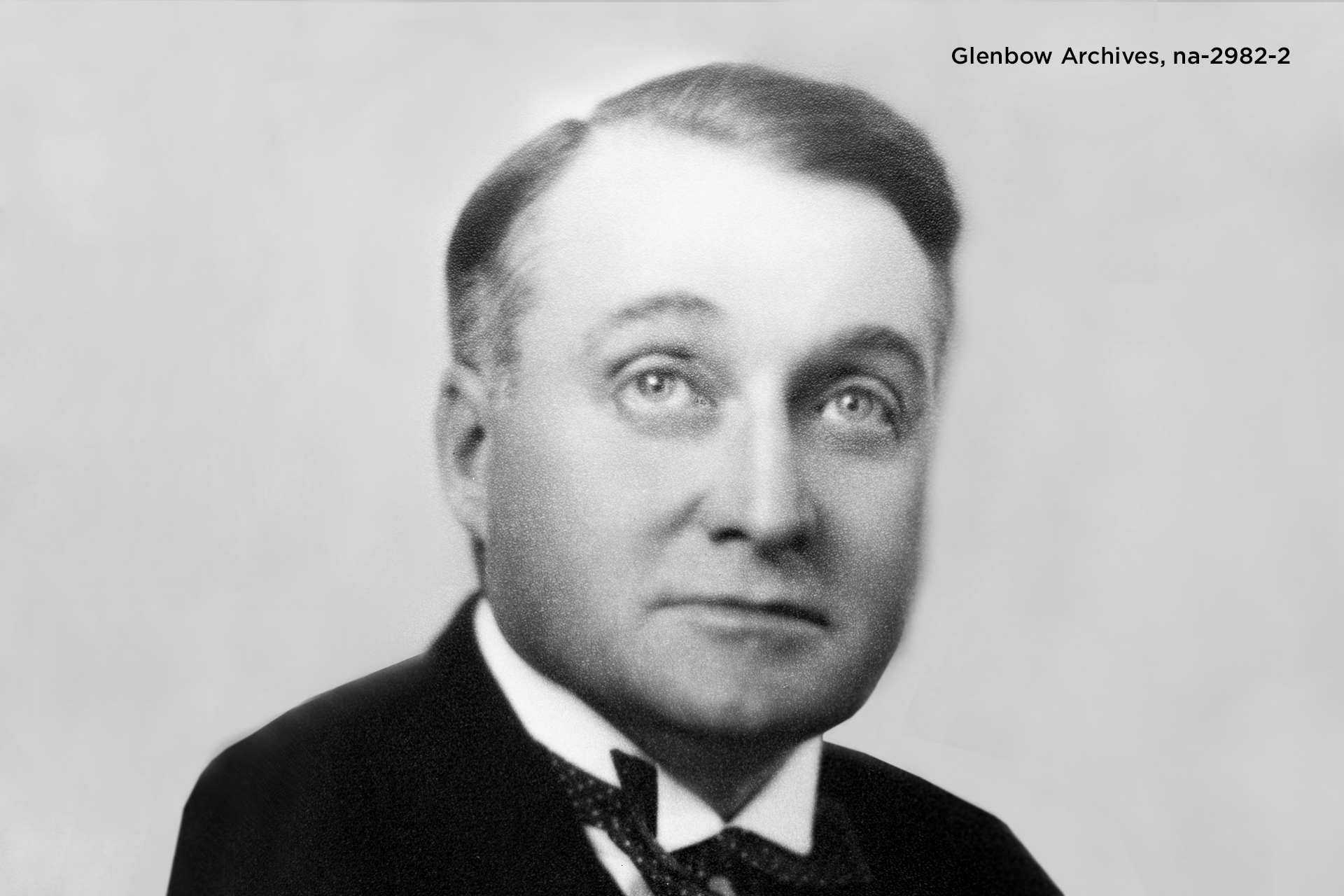In the aftermath of the Redwater appeal, the AER recalls a time before the courts heard appeals of any sort
Alberta - February 14, 2019
Justice Alexander McGillivray made it possible to appeal the energy regulator’s rulings on energy development to the courts.
With the words “Redwater appeal” top-of-mind following the Supreme Court of Canada’s ruling, it calls to mind a time where appealing judicial decisions was not only not done, but all but unheard of.
In 1938, Alberta was starved for investment and employment. When the legislature called for an energy solution to the depression, the government answered with a royal commission. Led by Justice Alexander McGillivray (pictured), the commission recommended changing policy details like the structure of the then-Energy Resources Conservation Board (ERCB) and the right to appeal its rulings on energy development to the courts.
While the recommendations were few, they amassed a gold mine of expert opinions and information: 15,674 pages of oral testimony transcripts, 747 written exhibits, and a book-length report. These documents laid out the ERCB’s role as the guardian of public interest in oil and gas, and also outlined the challenges posed by industry.
Under the commission, these changes were implemented. Although the ERCB has seen many changes since—becoming the Alberta Energy Regulator among them—it is still true that some of our decisions may be appealed under the Responsible Energy Development Act.
As for the man who led it all, McGillivray (February 11, 1884 – December 12, 1940) was a lawyer and a provincial politician. He held many offices through his life, including leader of the Alberta Conservative party from 1925-1929. When he passed in December 1940, he held a seat at the Supreme Court of Alberta Appellate Division (now known as the Alberta Court of Appeal).
*With files from Steward, a book published by the AER’s predecessor, the ERCB, to mark 75 years of energy regulation in Alberta.
Resource Editor


